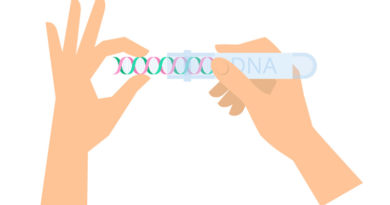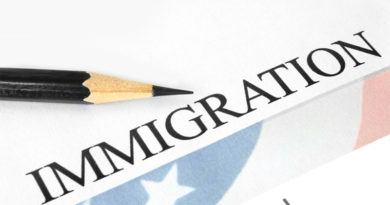Five Practical Uses for DNA Testing
If you have ever watched an episode of a day time talk show about paternity tests, then you may think that DNA testing has a very narrow focus. While determining paternity in situations where I child might have more than one father is probably the most common usage for DNA testing currently, it is far from the only way this technology can help people.

Nowadays, you can get a cheap DNA test from a reputable DNA screening company, of from your family doctor. There are a number of reasons you might want to do this, and a number of situations why GTL DNA tests might come in handy. Here are just a few.
Locating Your Birth Parents
There are two common situations where an individual might benefit from using DNA testing to reunite with his or her parents. The first is in the case of hospital mix-ups, in which two babies are mistakenly swapped in the nursery. A DNA test can quickly clear up any confusion in situations like this. In the case of an orphan or foundling, DNA testing can be used to definitively reunite a son or daughter with his or her birth parents. This is especially useful in situations where the child was adopted from overseas or became separated from their family due to social strife, war, natural disaster, or another event that caused family members to be separated from one another unwillingly. In these cases, the orphanage or adoption agency may not have clear records of birth parents, so DNA testing is the only way to be 100 percent sure of parentage.
Clearing Up an Immigration Dispute
DNA testing can also come in handy in the case of immigrants who want to bring their biological children or other relatives into the country to which they are immigrating. Most countries requires some form of verification that the family members who are immigrating are biologically related to one another, especially when individuals are applying for citizenship or immigrating permanently. In most cases, a birth certificate or other documentation is sufficient to prove a biological relationship, but in cases where no documentation exists, the immigrants may be required to submit to a DNA test.
Submitting Evidence to Claim an Inheritance
Biological relatives who have been written out of or not included in a deceased family member’s will are still legally entitled to a share of inheritance in most states. However, in the event that the family member is estranged or does not have close ties to the living family, proving a biological relationship can sometimes be difficult. In cases like these, a DNA test can quickly verify an inheritance claim, and is admissible in court. DNA tests can help individuals get the inheritance they are owed.
Researching Family History and Ancestry
Researching ancestry and family history is a popular past time. However, a number of documents that could create a family link between you and one of your distant relatives have been lost or destroyed over the years. A DNA test can be used to fill in some of the gaps in your ancestral history, and put you in touch with other relatives who have made their DNA test results available for interested historians. DNA testing is also used by anthropologists and historians in a research capacity. For example, a scientist who wants to track the migration of an ethnic group that did not necessarily keep extensive written records of where they traveled can take DNA samples of members of that group and compare then to DNA samples from other groups to see where they overlap.
Locating a Long-Lost Relative
Similarly to researching your ancestry, DNA testing can also be used to locate a specific relative as long as that particular candidate is willing to submit to a DNA test. This test can be conducted both while the relative is alive or after they have died, so if you suspect a “John Doe” may be an estranged relative of yours, it is possible to get the coroner’s office the processed the body to submit a tissue sample for DNA testing. While it is never pleasant to hear that a relative of yours has passed away, this process can provide important closer for families.
These are just a few of the ways that DNA tests are helping people find their place in the world and reunite with the people who share their genetic material.
Presented by Gtldna


